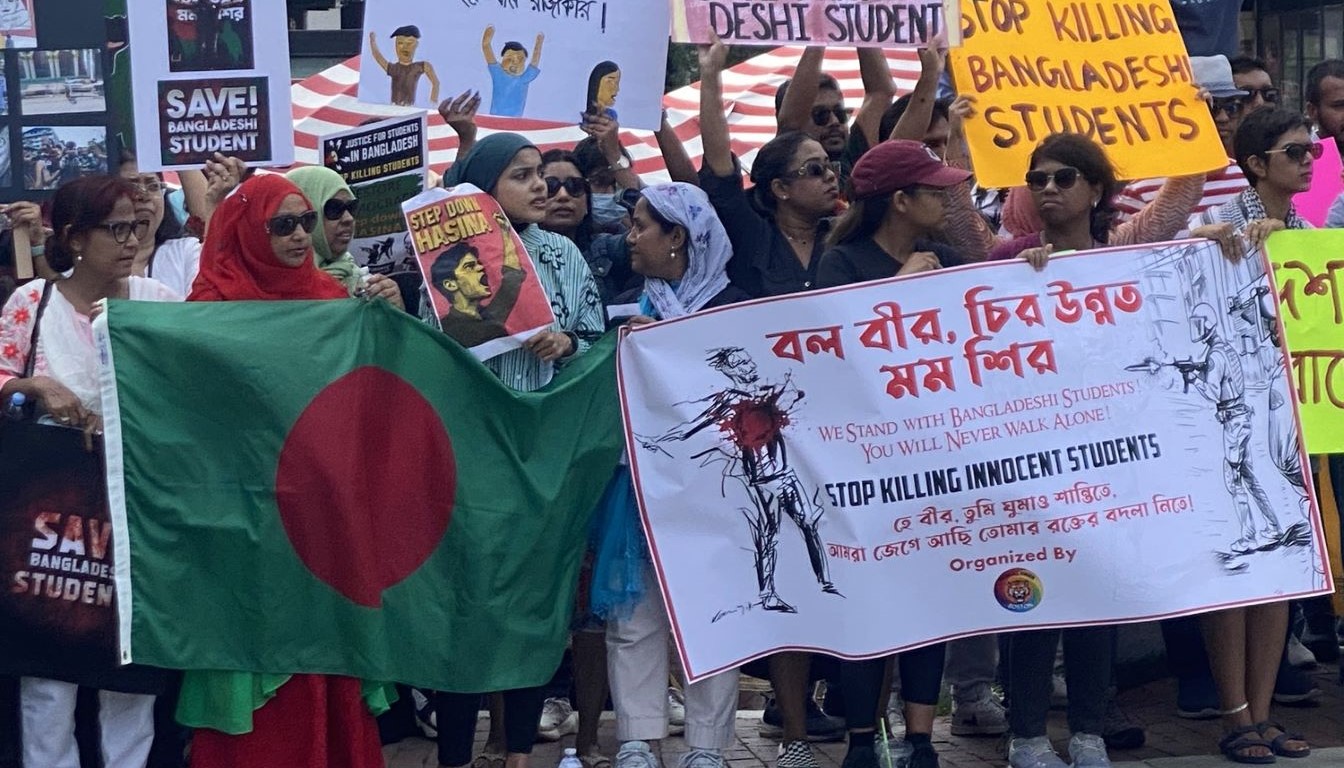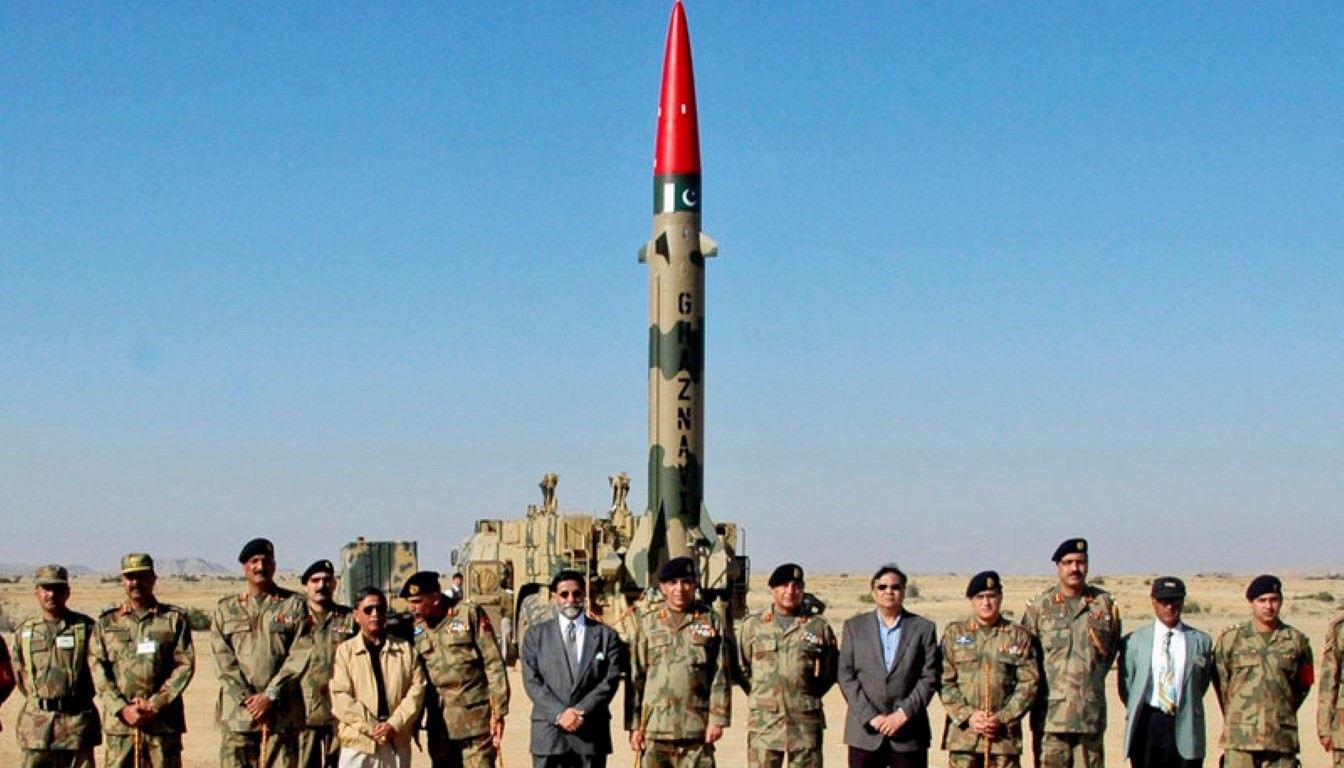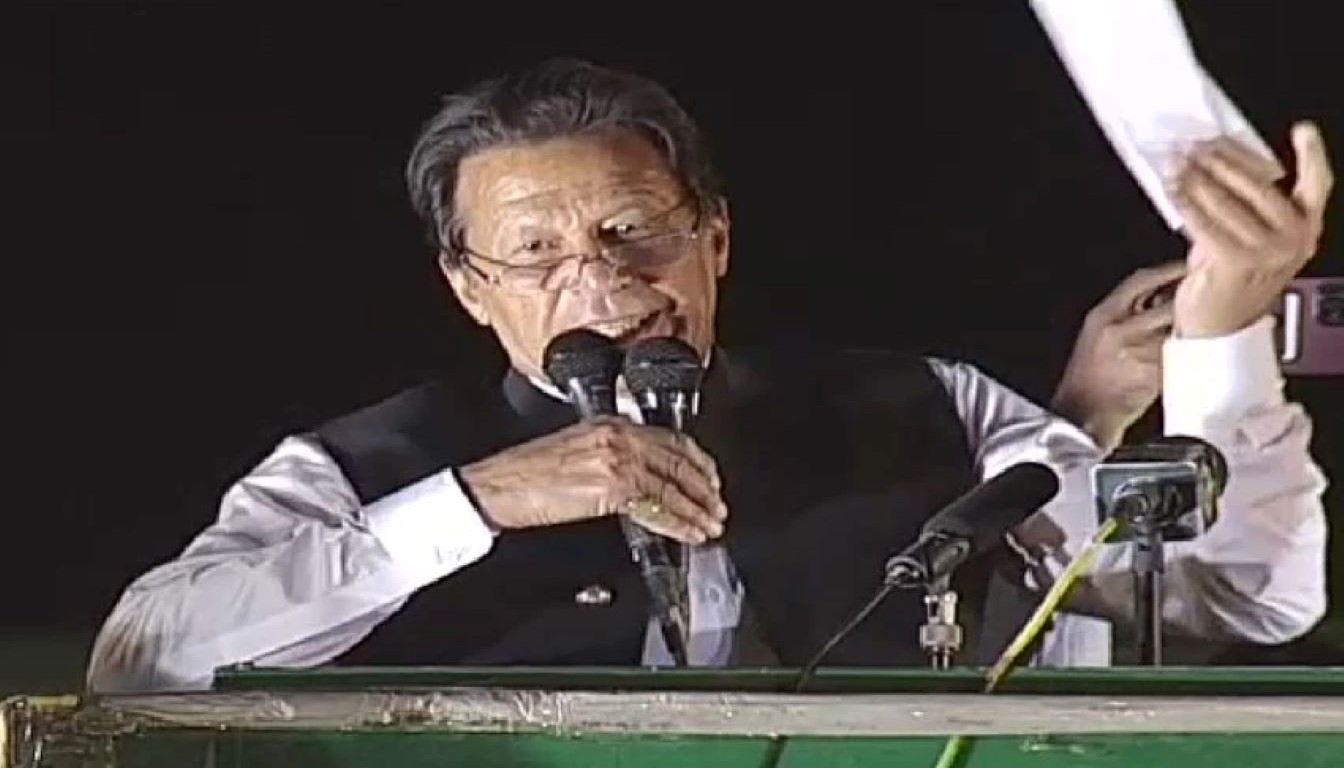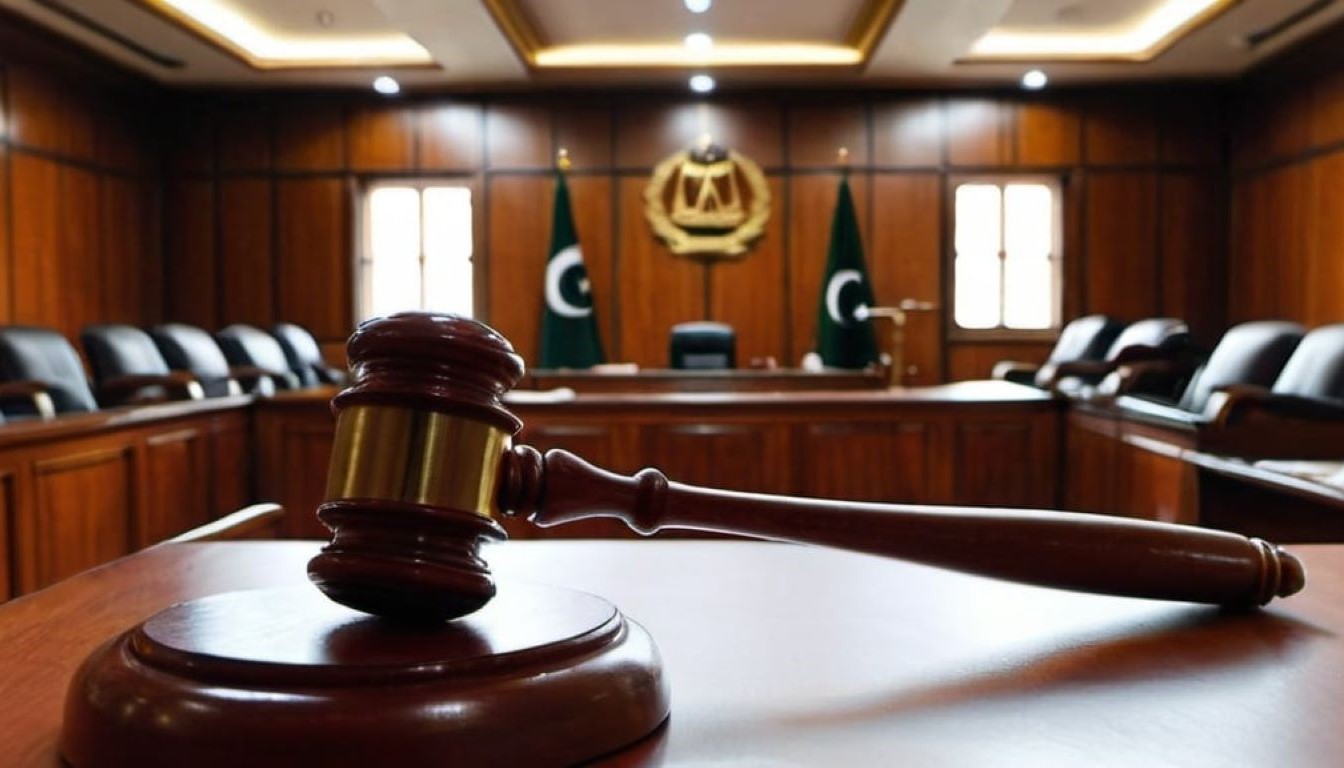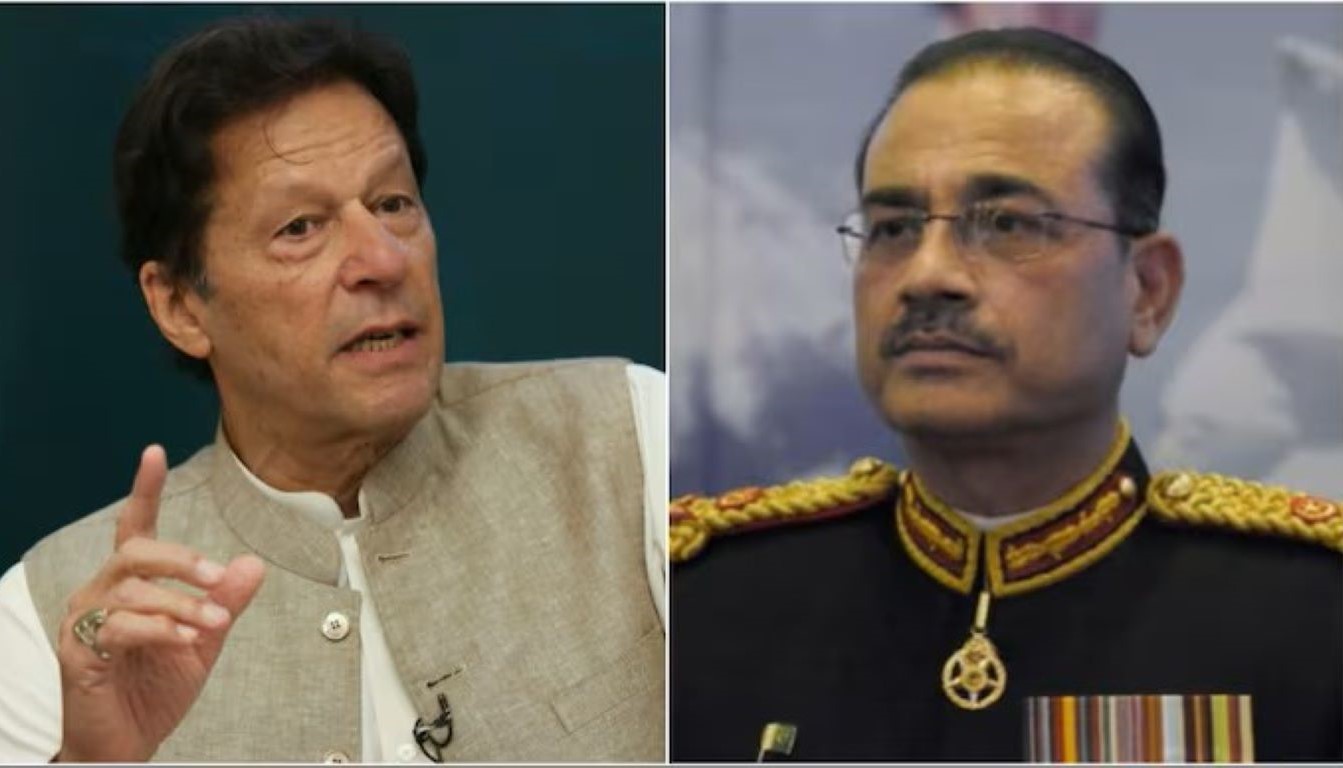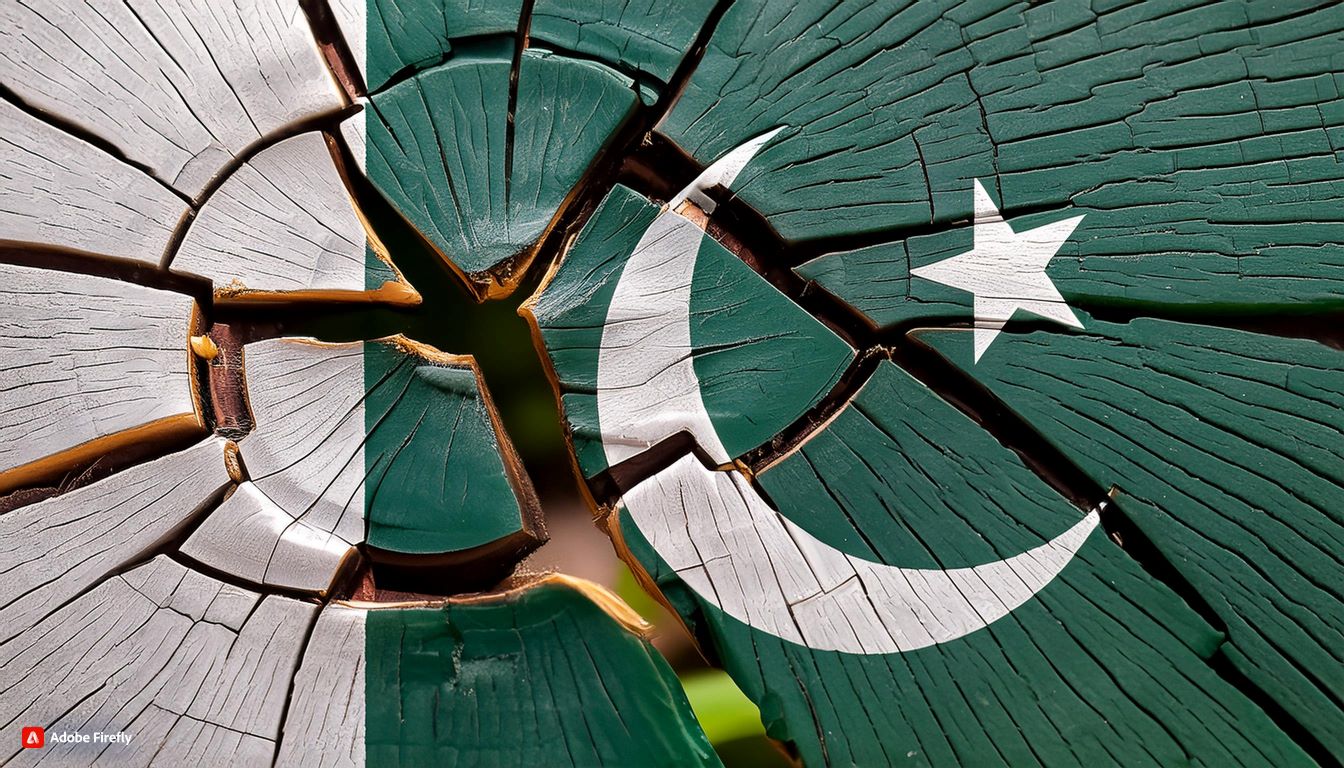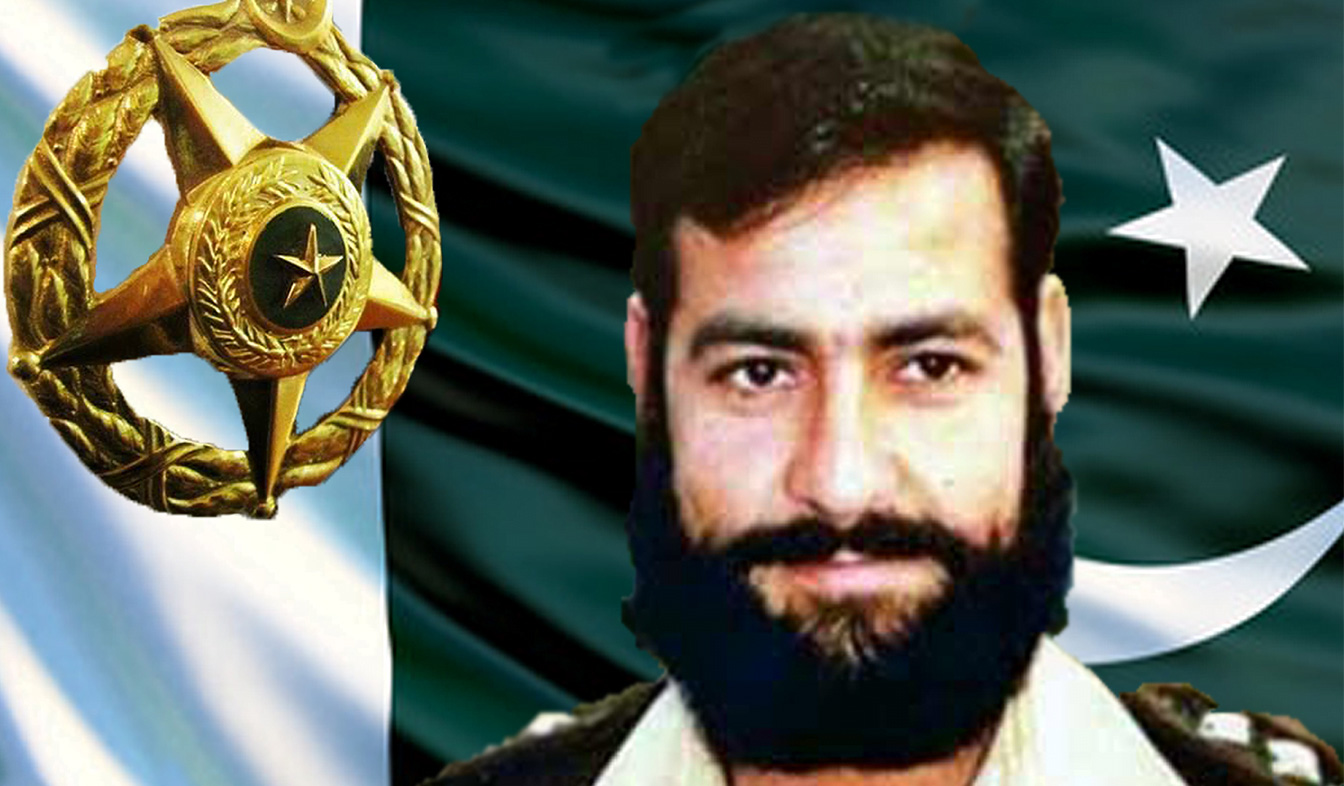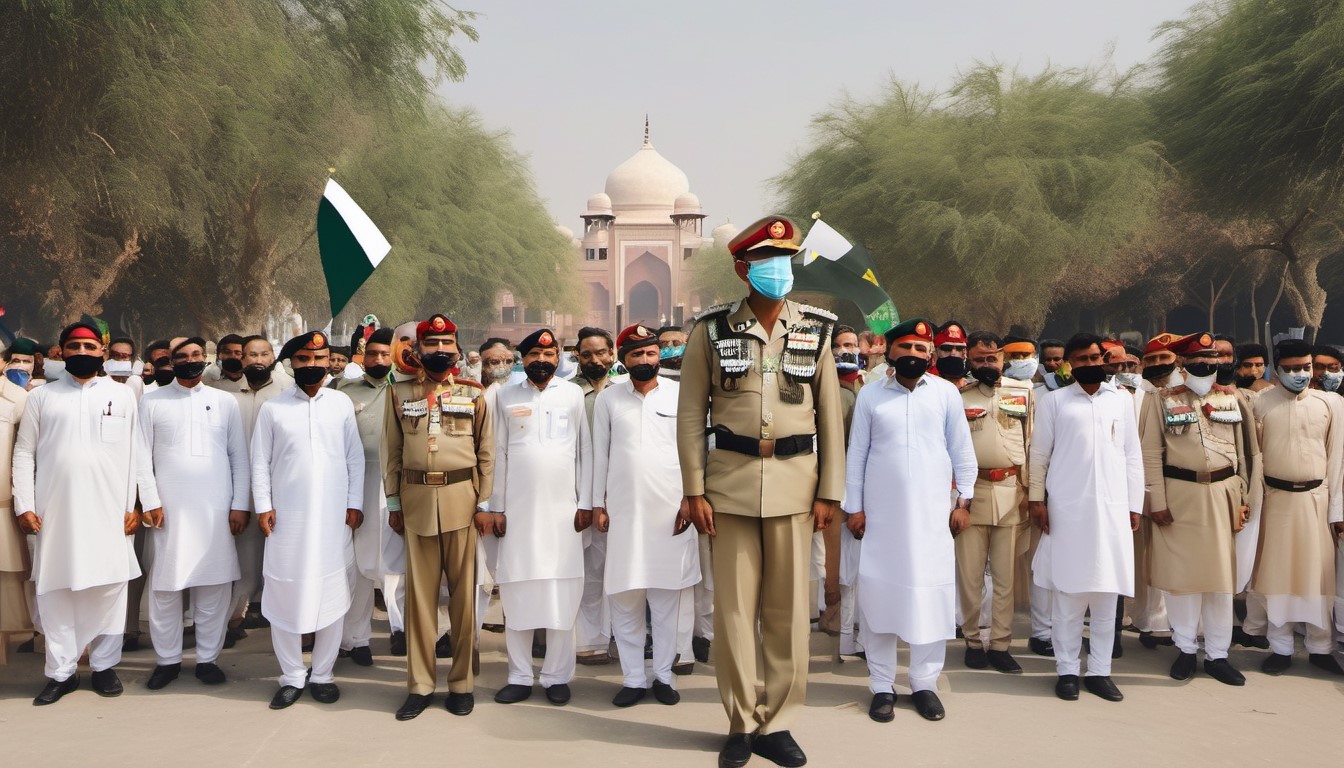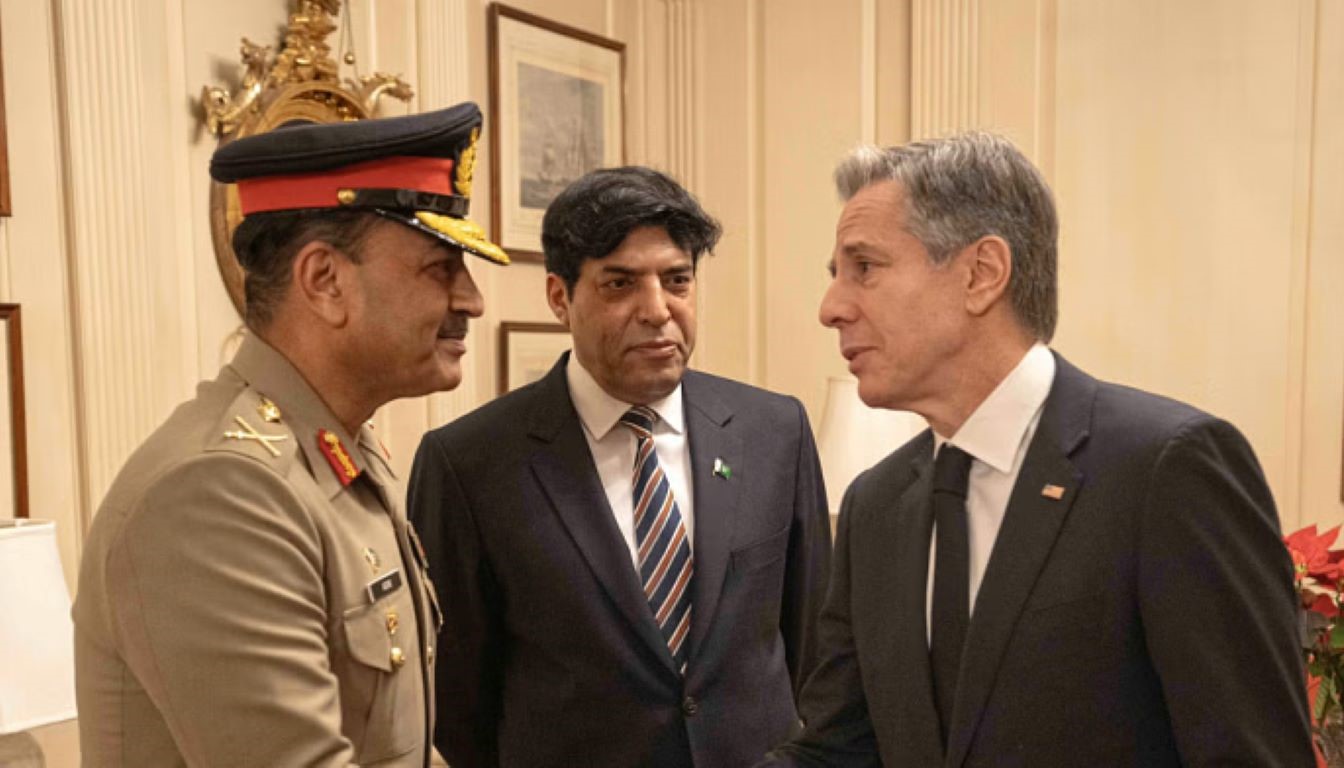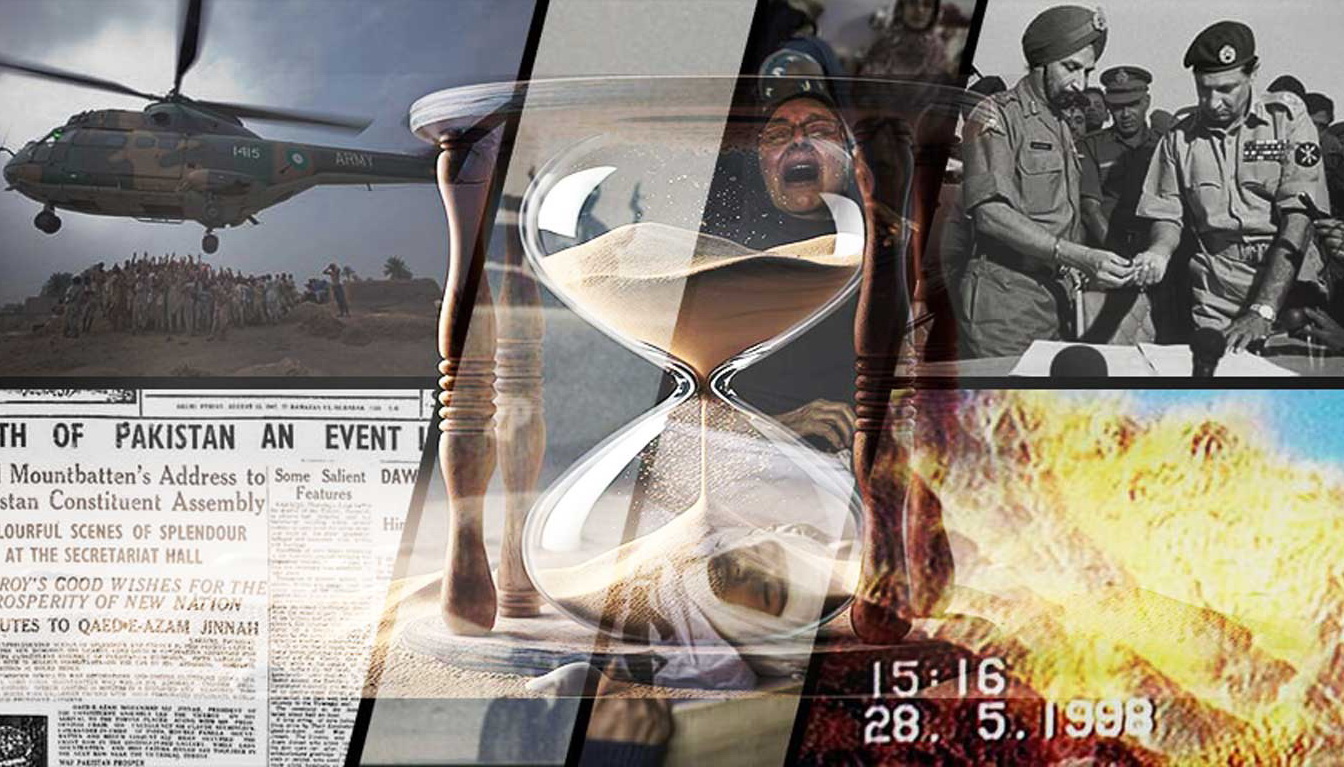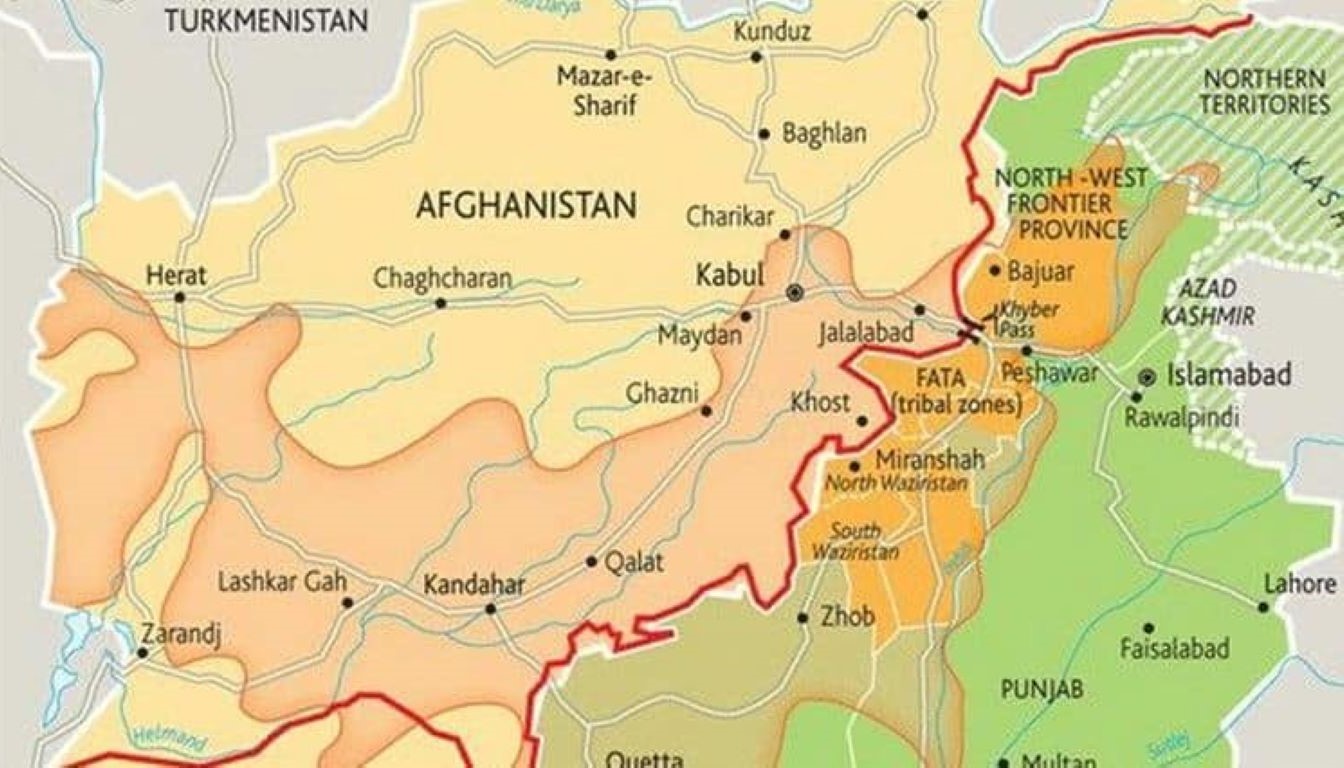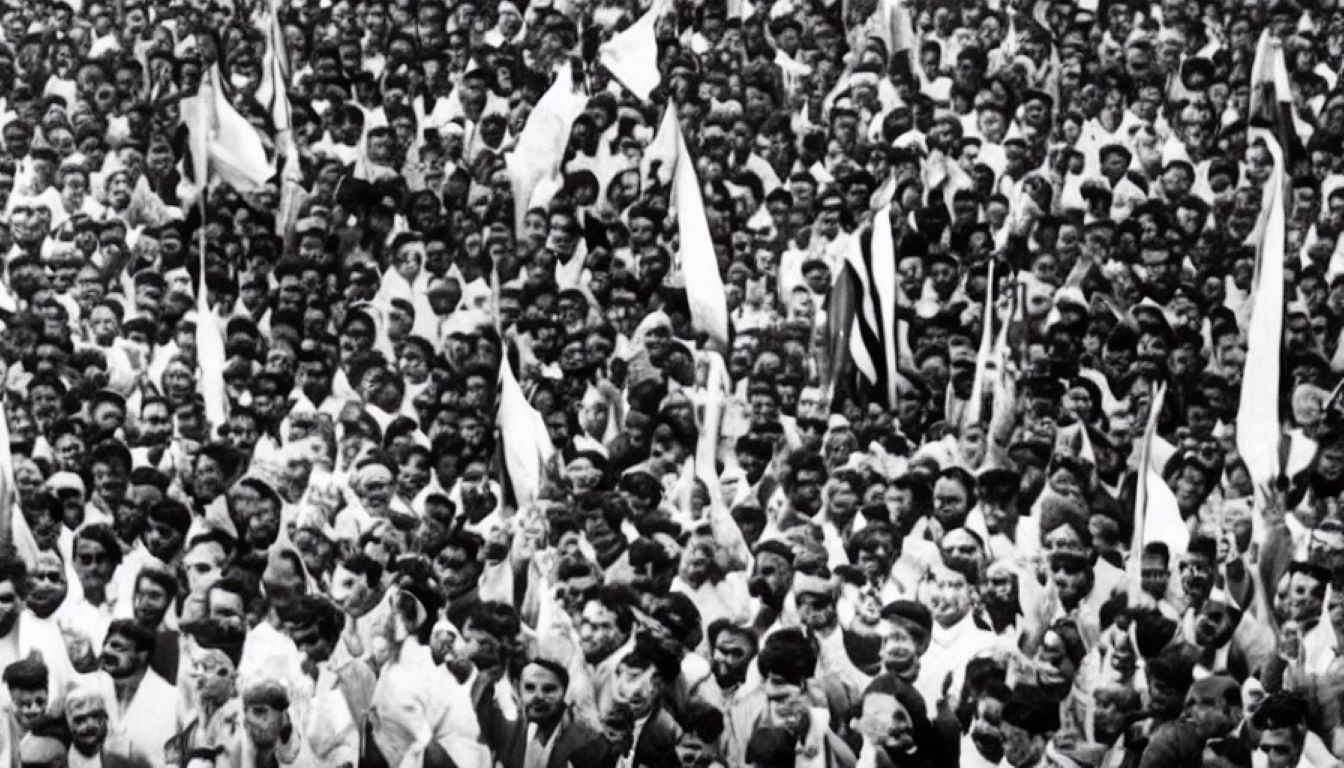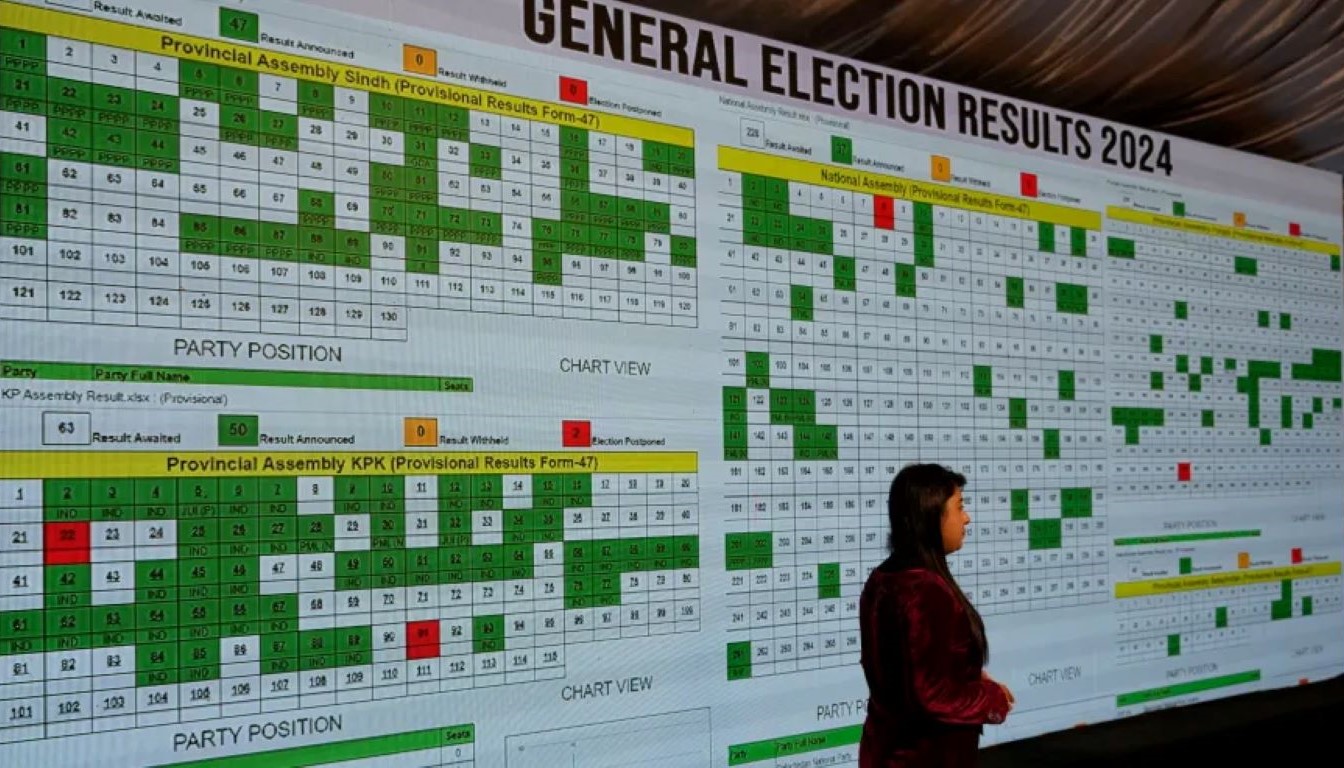I was just speaking with a retired general. My aim was to get a few of them, who still enjoyed some credibility in the ranks, to approach the High Command to impress upon them the imperative need to relinquish their present stance in favour of standing with the state and its people.
“They won’t,” he told me. When I asked him “why,” he simply said:” they never change their minds, but the judges might.”
Just then I received a tract on email about the 1965 Indo-Pak War by a senior retired officer. As I glanced through it, my mind veered from the subject occupying it, and went back many sad years.
The War began on Sep 1, 1965 with Operation Grand Slam. Its objective was to take Akhnur. Operations on the first day had gone well. On the morning of day two Gen Musa Khan, the C-in-C of the Pakistan Army personally flew to the operational area, and changed the command of operations.
With such a change delays were inevitable. But onto this change were added a shemozzle plus demoralization among the advancing troops.
Akhnur was lying undefended. It was a fallback position for troops retreating from Jaurian. Thus it could be taken without too much difficulty.
It has been the view of nearly every credible commentator that, but for the change in command [given the state of battle] Akhnur would have almost certainly been taken by us. This would have opened multiple possibilities for Pakistan to exploit.
For starters, the Indian attack in the Sialkot Sector [their main effort] would have been pre-empted. The “concentration areas” for these Indian troops were around Sambha. With Akhnur sitting on the flank of Sambha, they would first have had to take Akhnur back, or “invest” it. Otherwise they would have laid themselves open to an almost certain probability of a flank attack. How their effort for the relief of Akhnur would have fared, given that our Air Force had soon attained control of the skies, is anybody’s guess. And how the diversion of their main effort from an assault in the Sialkot Sector towards the relief of Akhnur would have affected their subsidiary effort against Lahore, is also a matter of conjecture.
In the event however, Akhnur was NOT taken; the main Indian effort in the Sialkot Sector DID materialize; Pakistan lost the initiative and surrendered it to India. From a commanding offensive posture we fell to one of desperate defence, fighting a do-or-die battle at Chawinda. A rupture here would have allowed Indian forces to reach the G.T. Road and cut Pakistan in two.
By a quirk of historical fate, the officer commanding the Chawinda Brigade in a last-ditch battle for the defence of Pakistan, happened to be the younger brother of the very General whose offensive strike against India threatened to cut off Srinagar and the Kashmir Valley from the rest of India, but who had been removed from command just a week earlier!
It is amazing to consider that one brother could have changed the fate of India [and thus Pakistan] by an offensive operation initiated into the heart of Kashmir, but was not allowed to complete it, while it fell to the other as a consequence, to save the fate of Pakistan by the steadfast defence of it!
One would have thought that this subject would have been studied, war-gamed, and intensely discussed and debated by our army. But it never was. If any effort went in this direction, it was to cover up the change of command, its effects, and their after effects.
As I think about this today, I have to concede that it is in the DNA of armies that once they take decisions, no matter how disastrous, they are loath to revisit them. Generally there is great hesitation to even reevaluate decisions taken by officers of earlier generations. I think this comes from skewed concepts of loyalty fatally intermixed with those of “discipline”.
However that be, Pakistan is in a state of terrible uncertainty today, and only the Generals can fix it by walking some of their disastrous decisions back. And the first thing they need to do is to put right all such decisions which have completely marred the credibility of the recent elections. Some of these can be put right almost immediately. They know which party has the mandate of the people. They also know what is standing in the way of the rightful expression of this mandate in terms of seats won. They should move immediately to remove obstacles in the way of this expression.
But here lies the problem. So many of them have been complicit in crimes against the state, either directly or by virtue of their collective decision-making, that they are barred from viewing national interest as being above the interest of saving their own skins. They must therefore be vouchsafed the guarantees of immunity which their skins demand because the stakes for the state and the people are so high. In short, in order to save the state, they need to be let off. This is our version of something whose security has been ensured by becoming “too big to fail”.
In short while the Generals hold none of the cards, they do hold all the rifles.
And Imran Khan needs to grasp this reality if he is to save Pakistan. We now need the formation of a Truth and Reconciliation Commission, so that the hides of our Generals can be saved. But this should not mean that they can extend the benefits of this safety net to their first cousins, the Sharifs and the Zardaris, as well.
Some retired Generals are too hesitant to play the bridge between Imran Khan and the High Command. They feel that the COAS is too rude and inconsiderate. And being nubile and sensitive, they begin blushing at the sheer thought of such a suggestion. So perhaps someone among the High Command should pick up the courage and suggest steps to his collegues which will make Pakistan a normal country again, and also furnish them adequate guarantees against their own misdeeds.
Or perhaps our salvation shall fall to the lot of our Judges. At least some of them have shown the glimpses of being unafraid– of standing firm and honouring their robes of office. Perhaps Qazi Faez Isa will draw inspiration from somewhere to recover some bits of so much that he has lost.
But principally our Generals need to decide whether they would like to be dealt with by a Mandela or a Khoumeni. On the other hand Imran Khan must decide whether he will be of greater benefit to Pakistan playing a Mandela or if Pakistan is in a position to sustain a Khomeni.
However it goes, we owe it to ourselves not to let hope to die out.

